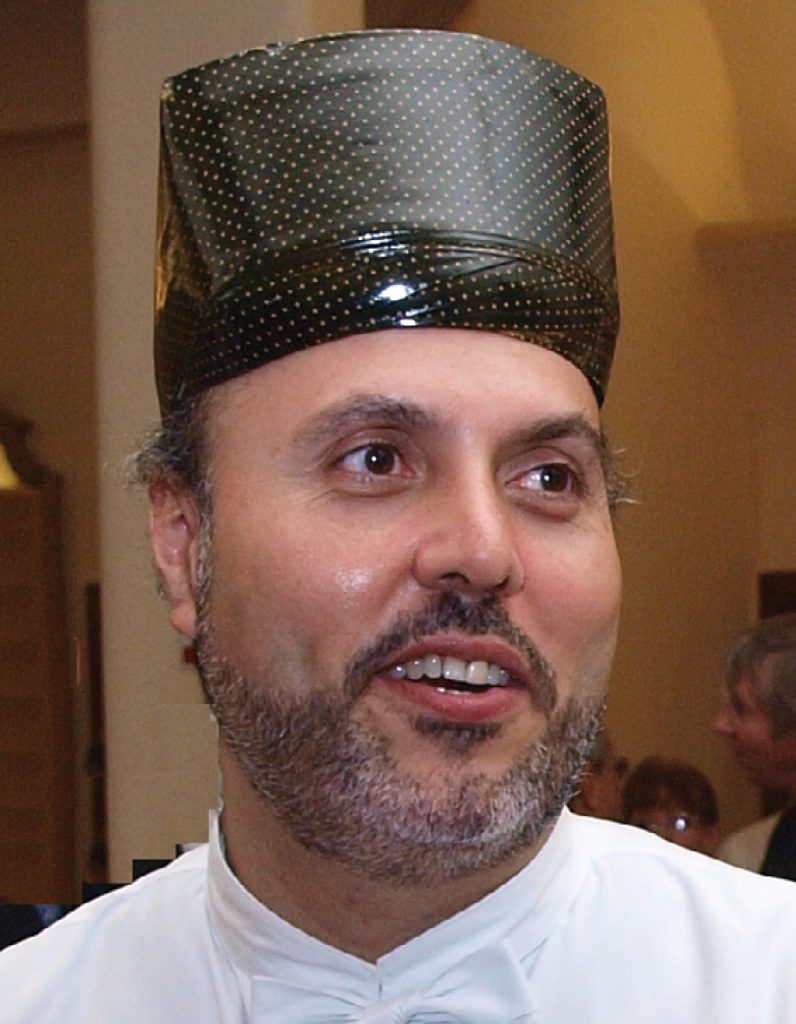
Malcolm M. Deboo has been president of the Zoroastrian Trust Funds of Europe since 2009. This post is based on his remarks at the AMAR International Charitable Foundation’s Windsor Dialogue Conference held at Cumberland Lodge, Windsor, England, 24 June 2024. It was published as part of the feature “Marking the 10th Anniversary of the Yazidi Genocide.”
In the West, members of my community are called Zoroastrians, based on the ancient Greek name for the Prophet Zoroaster. In Iran, however, where the faith was established, we are called Zarathushtis, after the Prophet Zarathushtra. In India, we are known as the Parsis, meaning “those who came from Persia”; that name was given by the Hindus to my religious ancestors who left Iran more than a millennium ago, sailed down the Strait of Hormuz via the Persian Gulf, and landed on the west coast of India, in South Gujarat, where they were allowed to stay as refugees. Although India is home to other communities from Iran, including Shiites, the name “Parsi” was reserved for my people. In many ways, they were some of the world’s first “boat people.”
(more…)

